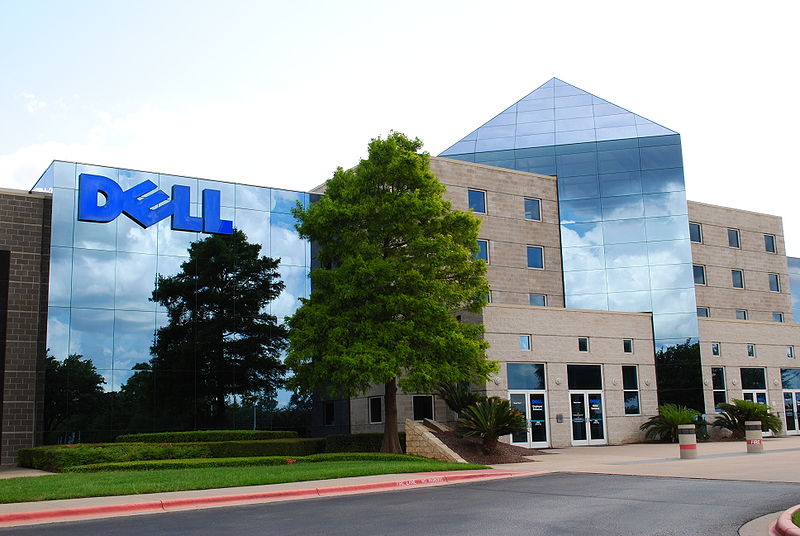Tech Companies Still Top the Green Charts
BY Ariel Schwartz
When Newsweek unveiled its first annual Green Rankings last year, we paid attention; the list was the most comprehensive attempt to rank major companies based on sustainability that we had seen. But, as we explained last year, the rankings are slightly flawed--some industries are simply dirtier than others, and sustainable companies that are secretive about environmental data (because of trade secrets, for example) automatically lose points. So how do the rankings measure up this year?
For the most part, the methodology behind the rankings remains the same. The 500 largest publicly held companies in the U.S. are ranked by their overall Green Score, which is the result of three component scores: the Environmental Impact Score (EIS), the Green Policies Score (GPS), and the Reputation Survey Score (RSS). But unlike last year, disclosure counts for 10% of a company's Environmental Impact Score. The rest comes from an overall environmental footprint. Perhaps more significantly, rankings were adjusted to take into account the environmental impact of investments by banks and financial service institutions--so companies can no longer separate themselves from their investments.
For the most part, these tweaks didn't affect the top companies. Dell, HP, IBM, Johnson & Johnson, and Intel are still in the top five, albeit in a different order. But some lower-ranked companies have made dramatic shifts. Kimberly-Clark, for example, jumped from 120 to 76--a much-deserved bump for the corporation.
One dramatic change this year: Newsweek now has a second listing for the 100 greenest global companies (incidentally, the Russian version of Newsweek just shuttered). Those rankings are a little different, with IBM, HP, Johnson & Johnson, Sony, and GlaxoSmithKline rounding out the top five. Dell and Intel didn't make it onto the list because of their relatively small size.
Do these rankings make a difference to these companies? Do they affect more than their reputation? They do. According to Greenbiz, the top 100 companies outperformed the Standard & Poor's 500 Index by 6.8% for the one year period ending September 1, 2010. In other words, the rankings prove that sustainability makes monetary sense.
Tidak ada komentar:
Posting Komentar